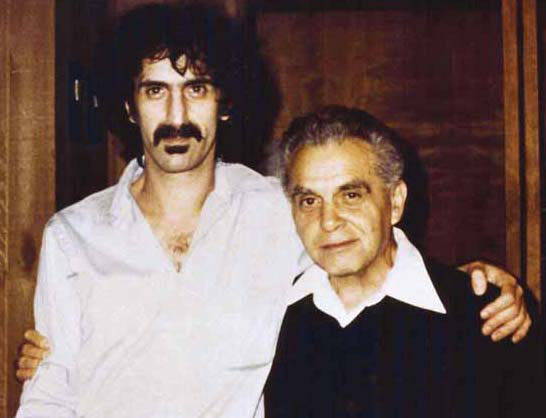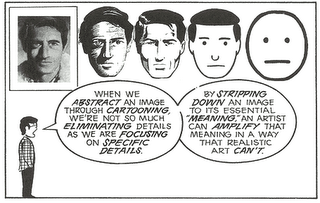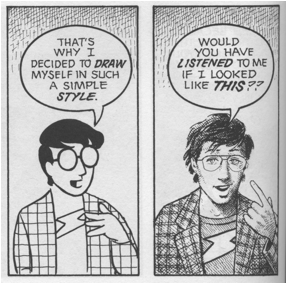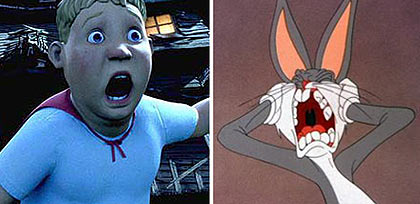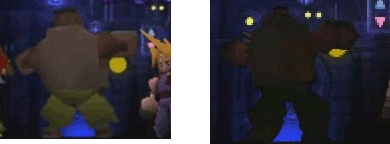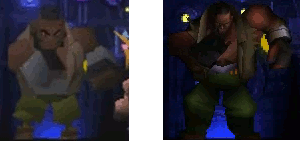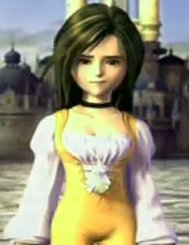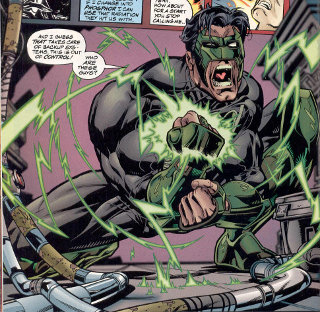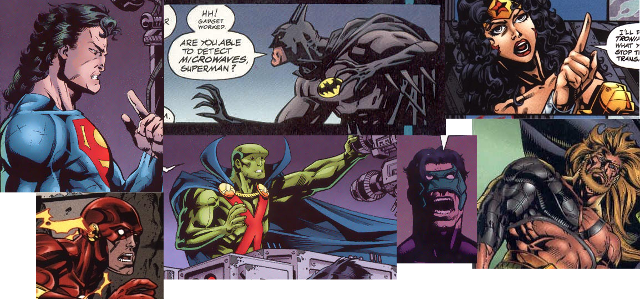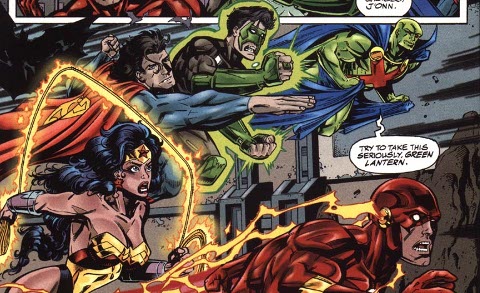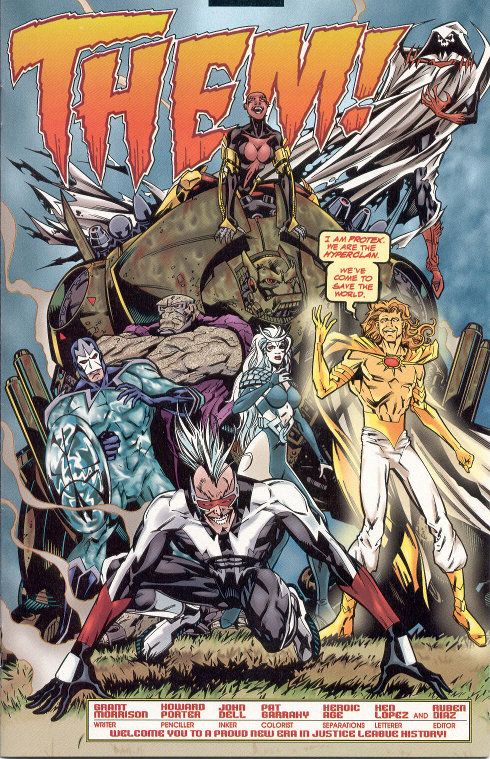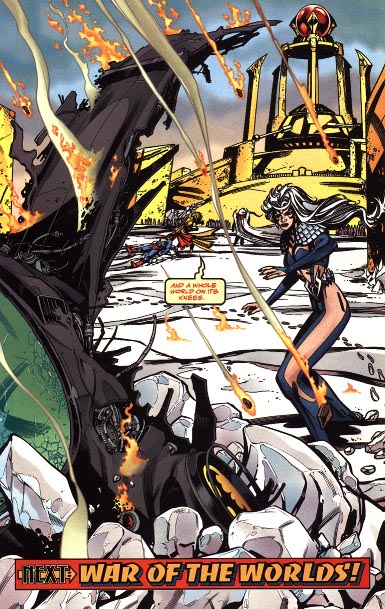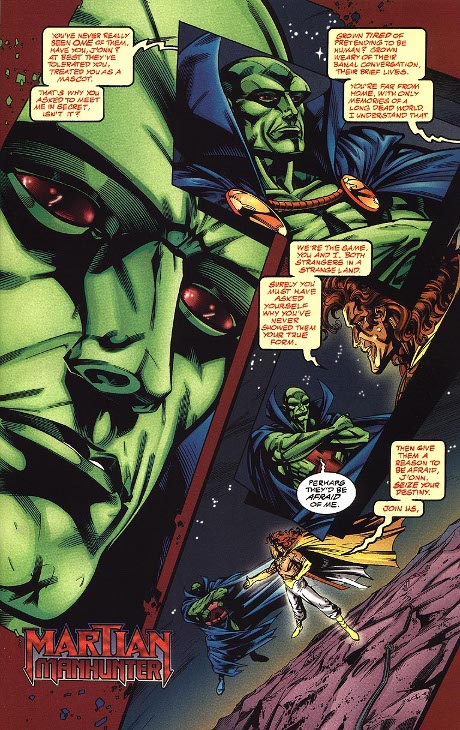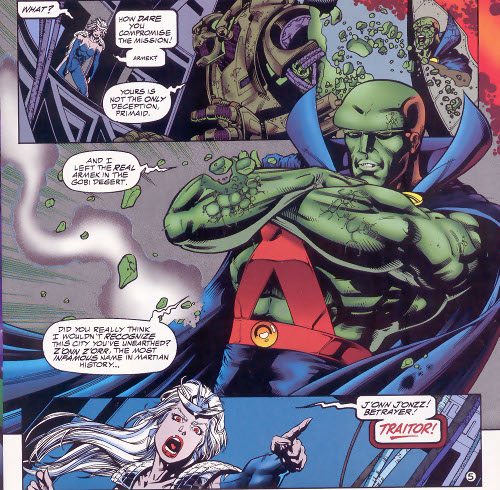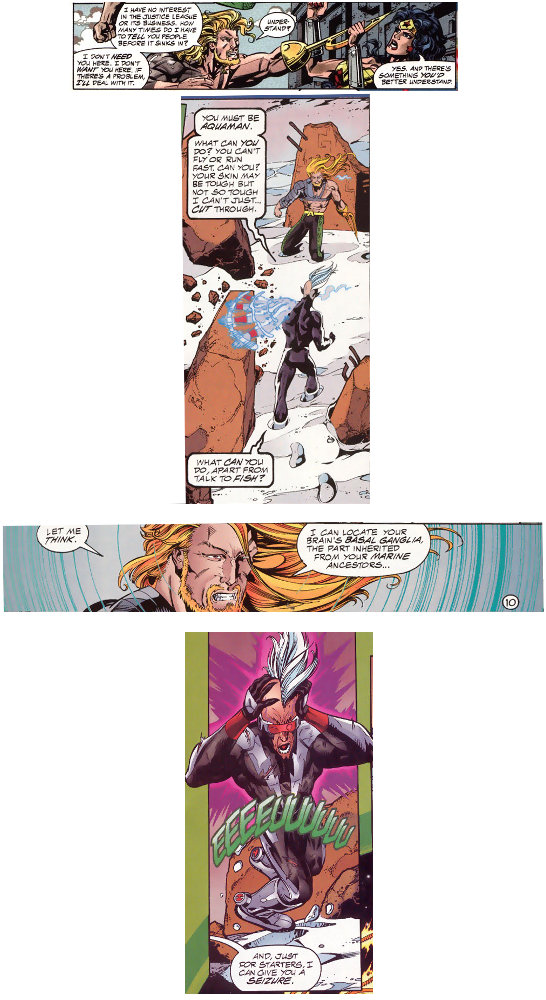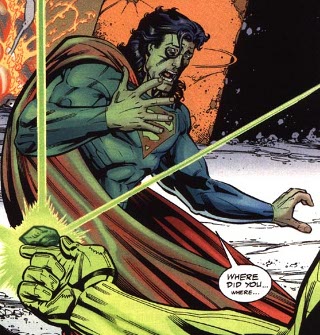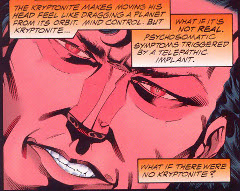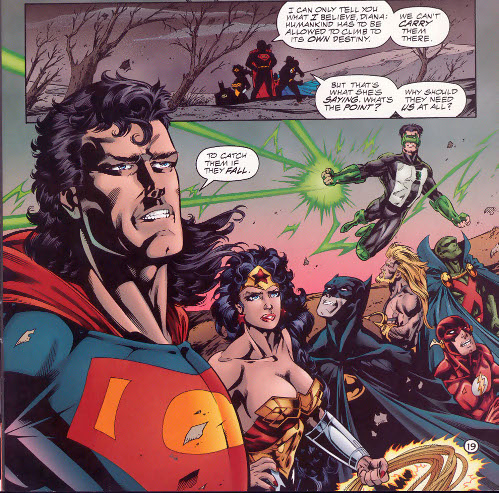We've been spoiled.
My generation, I mean.
We grew up on Batman: The Animated Series. A cartoon that was made for kids but which attracted a huge following among adults, won two Emmys, and still holds up twenty years later not only as an intelligent and sophisticated show, but as one of the high water marks in animation, period.
And if you think that spoiled us, well, consider this: by the time I was in college, Dini, Timm, Burnett, et al were still playing in that sandbox, still expanding that universe, with Justice League.
And there were more to follow. Teen Titans, The Batman, Batman: The Brave and the Bold -- they all had their detractors, but ultimately they were well-received by adults.
And then there's the Marvel side. Sure, the 1990's X-Men and Spider-Man may have been pretty bad in hindsight, but Spectacular Spider-Man was quite probably the best cartoon Marvel's ever put together, and Avengers: Earth's Mightiest Heroes may very well rank at #2.
So that's a murderer's row of fantastic cartoons, enjoyable by adults -- so I suppose it's easy to see where some fanboys got to feeling so entitled that they're offended by the very idea of superhero cartoons for kids.
There's an article over at ComicsAlliance about Ultimate Spider-Man being picked up for a second season. For some reason this has made people in the comments section very angry.
It's not just that they don't like the show -- I mean, that's fine. I like it (it's got Agent Phil Coulson as the high school principal, it had a Frog Thor episode, and even a cameo by Doop!), but seriously, it's okay if some people don't!
That's different from being offended at the very idea that the show is written for children and not for you. I mean, dude -- get over yourself; of course it is.
The Beat had an article to that effect recently too: Area man surprised to find Spider-Man cartoon aimed at children. It featured this quote by a gentleman named Jim Mroczkowski, which I think strikes to the heart of the matter:
No, of course Ultimate Spider-Man doesn’t float your boat. You aren’t eleven years old.
In other words: no, I’m not enjoying this program about my favorite character by my favorite creative team, but what if this particular children’s show about a colorful superhero was a cartoon on the Disney Channel intended for little kids, as opposed to an epic meant for 37-year-old homeowners?
Now, back during the era of Superfriends, Spider-Man and His Amazing Friends, and assorted other superhero shows which apparently were mandated by law to include the word "friends" in their titles, this observation would have fallen straight under the heading of "Well no shit." But again -- the Batman: The Animated Series generation is so spoiled it's lost track of that obvious point.
There is another aspect to this: the notion that this has displaced something we loved.
Spectacular Spider-Man was cancelled, and now we have Ultimate Spider-Man. Ergo, as far as fanboys are concerned, Ultimate Spider-Man is to blame for the cancellation of Spectacular Spider-Man.
Now, that's not actually true. But this is the Internet. Bring up Seiken Densetsu 3 and within five minutes someone will be along to rant about how it was cancelled for the vastly inferior Secret of Evermore. This is not actually true, and has long since been thoroughly discredited, but entitled fanboys don't like letting facts get in the way of simple explanations.
Spectacular Spider-Man was cancelled because the rights to animated Spider-Man reverted from Sony back to Marvel. That's the major reason. The bankruptcy of 4Kids Entertainment, the station that aired it, and Disney's purchase of Marvel, likely did not help, but it was first and foremost a rights conflict. Ultimate Spider-Man was made because Spectacular Spider-Man was cancelled, not the other way around.
Of course, muddying the waters a bit is last week's announcement that Avengers: Earth's Mightiest Heroes has been cancelled in favor of a new Avengers cartoon series*. And this does look like a case where a cartoon got low ratings due to complete mismanagement (there were no episodes airing when Thor and Captain America came out last year, and the decision to pull the plug was clearly made before Marvel/Disney had the opportunity to gauge any ratings boost caused by the Avengers movie or the USM synergy) and replaced with something that looks like a potential Jeph Loeb Pet Project. So, you know, that is an actual example of the fanboys probably being right -- except, you know, the part where they declare the new series to totally suck based on one (admittedly sucky) promo image and absolutely nothing else.
And this has been the pattern. Teenage Batman in the future? The fanboys cried that that was a terrible idea. Teen Titans? When it was new the fanboys proclaimed that it was far too juvenile; now that there's a followup coming, those same fanboys are declaring that's too juvenile, and why can't it be mature and sophisticated like the old series?
Fanboys hated The Batman -- and admittedly, it took a couple seasons to find its sea legs, but it got pretty good after awhile.
Fanboys hated Batman: The Brave and the Bold, but it turned out to be an absolutely ingenious series, smart, funny, and firmly rooted in the works of Dick Sprang and Jack Kirby.
There's a phrase for this, in Transformers fandom, for people automatically hating a new series entirely because it's different and not because it's actually bad: "TRUKK NOT MUNKY!"
I guess I've drifted somewhat off-point.
My point is twofold:
- Don't declare that you hate a show until you have actually seen it;
- If you do hate it once you see it, that's okay, but maybe you can stop short of actually being offended that a cartoon featuring your favorite superhero is designed for children.
That's all.
(Now if, on the other hand, an eight-year-old happens to be offended that there are five different monthly Batman comics and every single one of them is written for people over thirty, then yeah, I think that qualifies as a legitimate complaint.)
* Update 2012-06-19: According to Bleeding Cool -- a site itself best taken with a grain of salt --, Marvel has made no such announcement and the site reporting it is run by some guy who just really, really hates Ultimate Spider-Man. That said, Jeph Loeb did indicate, in a TV Guide interview, that there is a new Avengers cartoon coming, which grants some credence to the claim.
